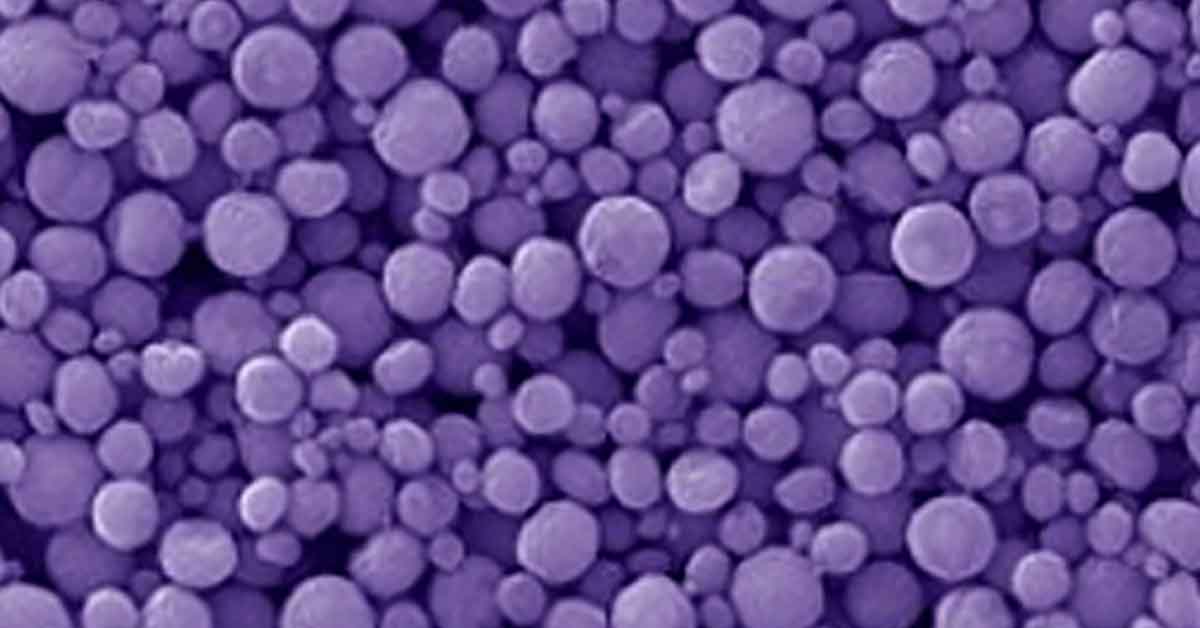Metal Oxide and silicate particles are used throughout manufacturing in food production. A recent review published in the journal Frontiers shows these inorganic substances may cross the placental barrier and be excreted in breast milk, a possible cause of immunological disorders such as food allergies later in life.
Nanoparticles are ultrafine particles invisible to the naked eye. They are used in fertilizers and pesticides to aid crop production (where they often seep into the groundwater), as anti-foaming and anti-caking agents and preservatives in food production, and in food packaging due to their anti-microbial properties.
Karine Adel-Patient, PhD, a senior researcher with the French National Institute for Agriculture, Food, and Environment, told Healio:
The widespread use of nanoparticle-based products in the human food chain raises concerns about the risks for human health and highlights the critical need for a thorough risk assessment, which prompted this review.
Notably, numerous studies pointed out the deleterious effects of foodborne nanoparticles exposure on immune system, microbiota and intestinal epithelial barrier, which are crucial for the balance of such functions in the gut, and body protection against potential stressors, including potential allergens.
Adel-Patient said the aim of their review was to assess the possible consequences of such exposure during pregnancy and early life, focusing on the development of diseases related to immune dysregulation such as food allergy.
The researchers noted that further investigation into whether foodborne nanoparticles can cross the placental barrier and present risks for the fetus is ongoing.
That said, titanium dioxide nanoparticles — a white pigment used in a variety of products such as sunscreens, cosmetics, paints, and plastics — have been found in the placenta and meconium, silicon dioxide — used as an anticaking agent in baking mixes and flour — and silver nanoparticles — used as a sterilizing agent in textiles, food storage, and personal care products — have been found to cross the placental barrier as well.
Gold, iron oxide, zinc oxide, and aluminum oxide nanoparticles may be able to penetrate the placenta with exposure continuing during breastfeeding.
The researchers wrote that nanoparticles that have antimicrobial properties including metals and metal oxides may interfere with the development of the gut microbiota in fetuses and infants. Specifically, titanium dioxide, silicon dioxide, and silver nanoparticles may shift the ratio of gut microbiota species leading to an imbalance associated with food allergy.
Since 99% of these additives are not absorbed by the body, they accumulate in the gut where they may alter the permeability of the gut lining. This in turn may alter the path of how food antigens are introduced, circumventing the normal process infants need to develop normal food tolerances. The authors note that studies have already found evidence for this with titanium dioxide.
In a previous study, the researchers noted that treatment with titanium dioxide, silicon dioxide, and silver nanoparticles increased the delivery of allergens across the epithelial layer by remodeling tight junctions while triggering allergic responses in pre-sensitized mast cells when exposed to milk allergens.
Nanoparticles can also interact directly with immune cells in the gut-associated lymphoid tissue, which they called essential in establishing tolerance to food allergens.
Adel-Patient concluded:
All these findings supported our hypothesis that perinatal exposure to foodborne inorganic nanoparticles such as [titanium dioxide] may cause an early disruption of intestinal homeostasis (due to the complex interactions between the microbiota, the intestinal epithelium and the host immune system), thus predisposing to the development of diseases associated with immunological disorders, such as food allergies, later in life.






